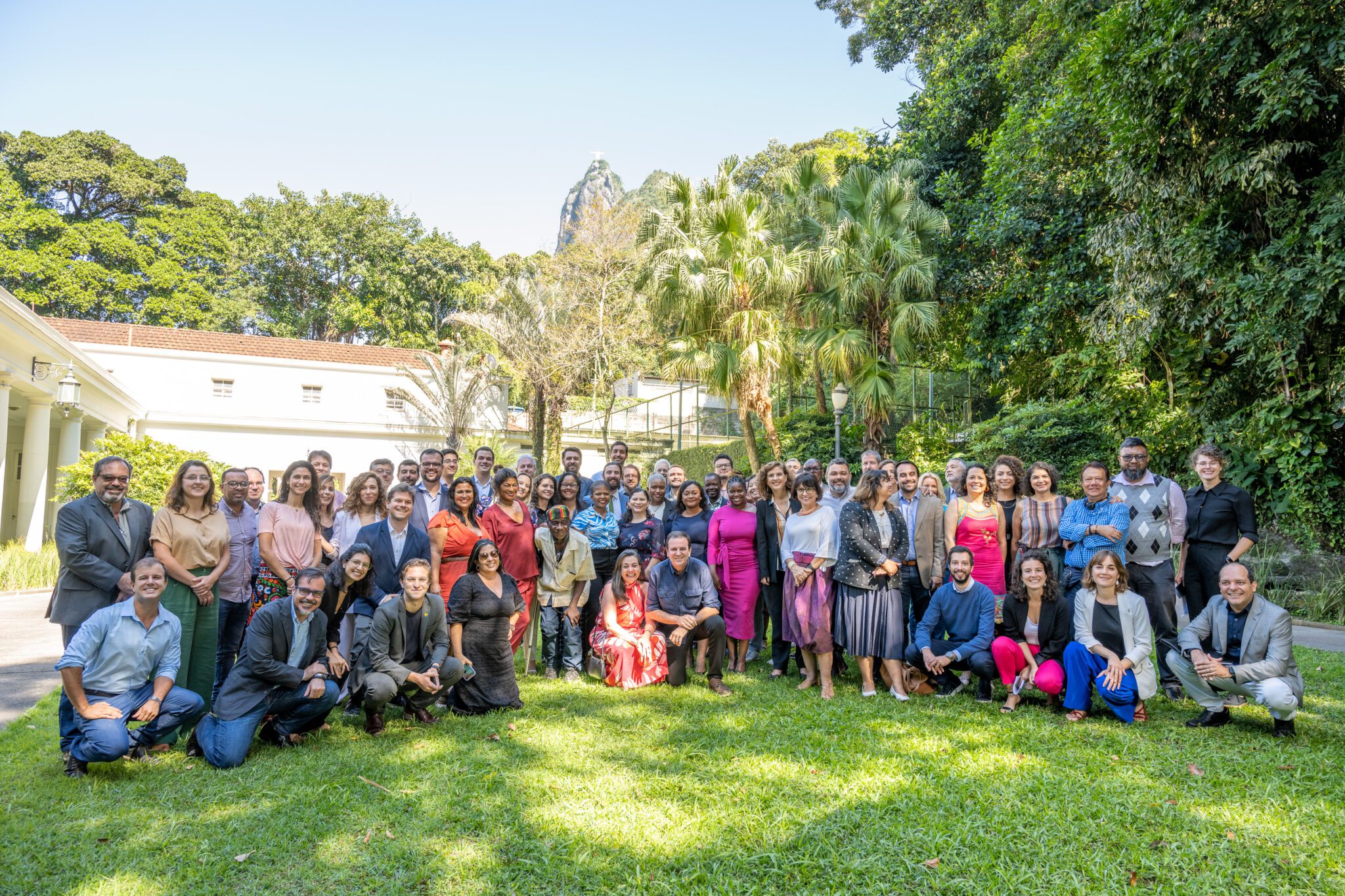
This year’s C40 Inclusive Climate Action (ICA) Academy, held in Rio De Janeiro in September, was focused on accelerating the growth of good, green jobs. Seattle, a member of C40, sent a cross-department delegation that included myself, along with Lylianna Allala from the Office of Sustainability & Environment Climate Justice, and Jeanne Fulcher from the Department of Finance & Administrative Services Labor Equity.
C40 is a global network of nearly 100 mayors from the world’s leading cities, united in action to confront the climate crisis. In 2022, Mayor Bruce Harrell joined mayors from other C40 cities, located around the world, at the World Mayors Summit and pledged to create 50 million good, green jobs by 2030, a mission this year’s academy sought to accelerate/increase.
Throughout the academy, Lylianna, Jeanne, and I shared strategies and best practices with representatives from eight other cities around the world including Rio de Janeiro, São Paulo, and Los Angeles to explore challenges and practical solutions to growing the green economy.
The week in Rio de Janeiro began at their City Hall with a series of press conferences and public listening sessions, where the representatives from city and state governments, community leaders, workforce developers, and clean energy advocacy groups presented on the region’s various efforts to promote good, green jobs.
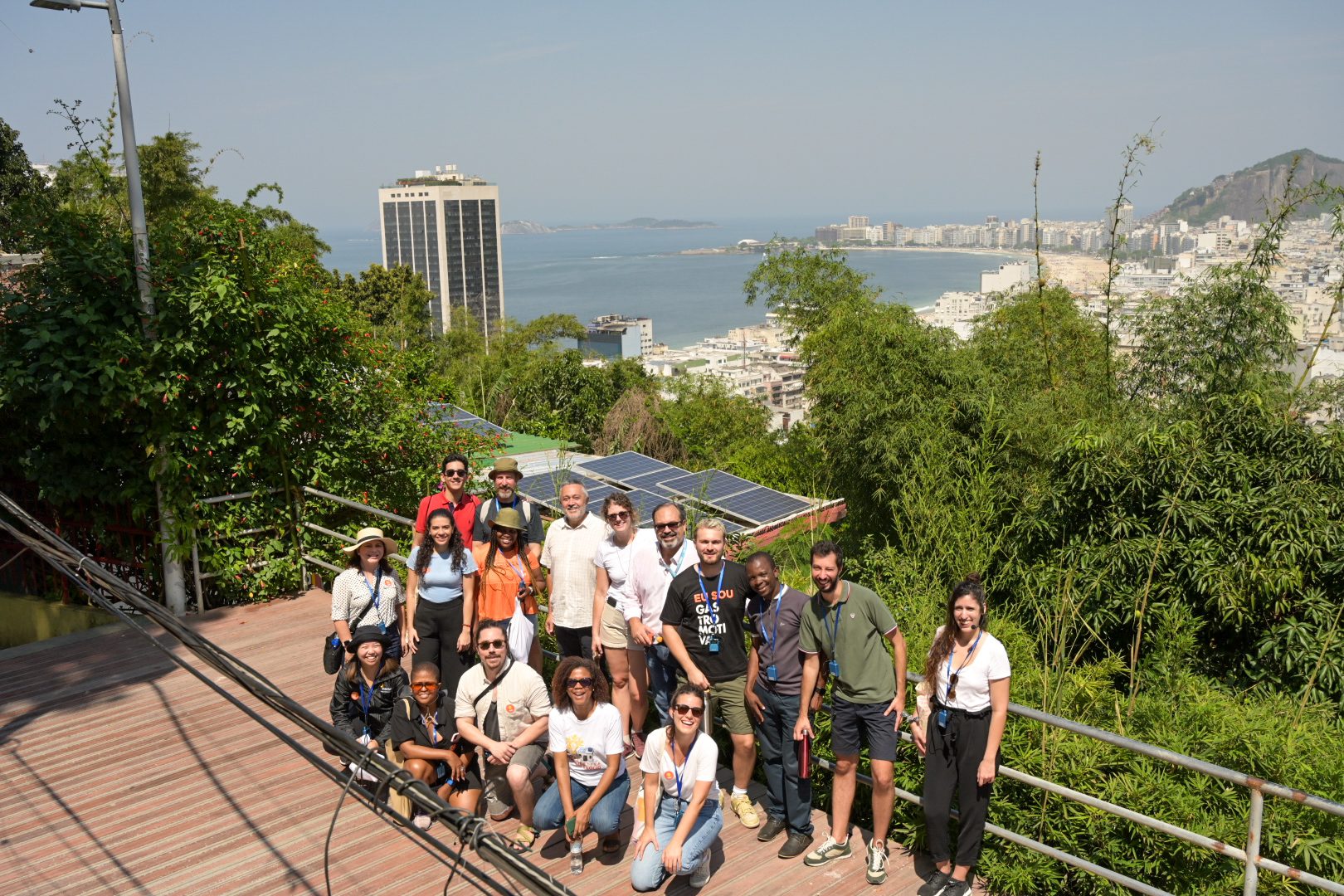
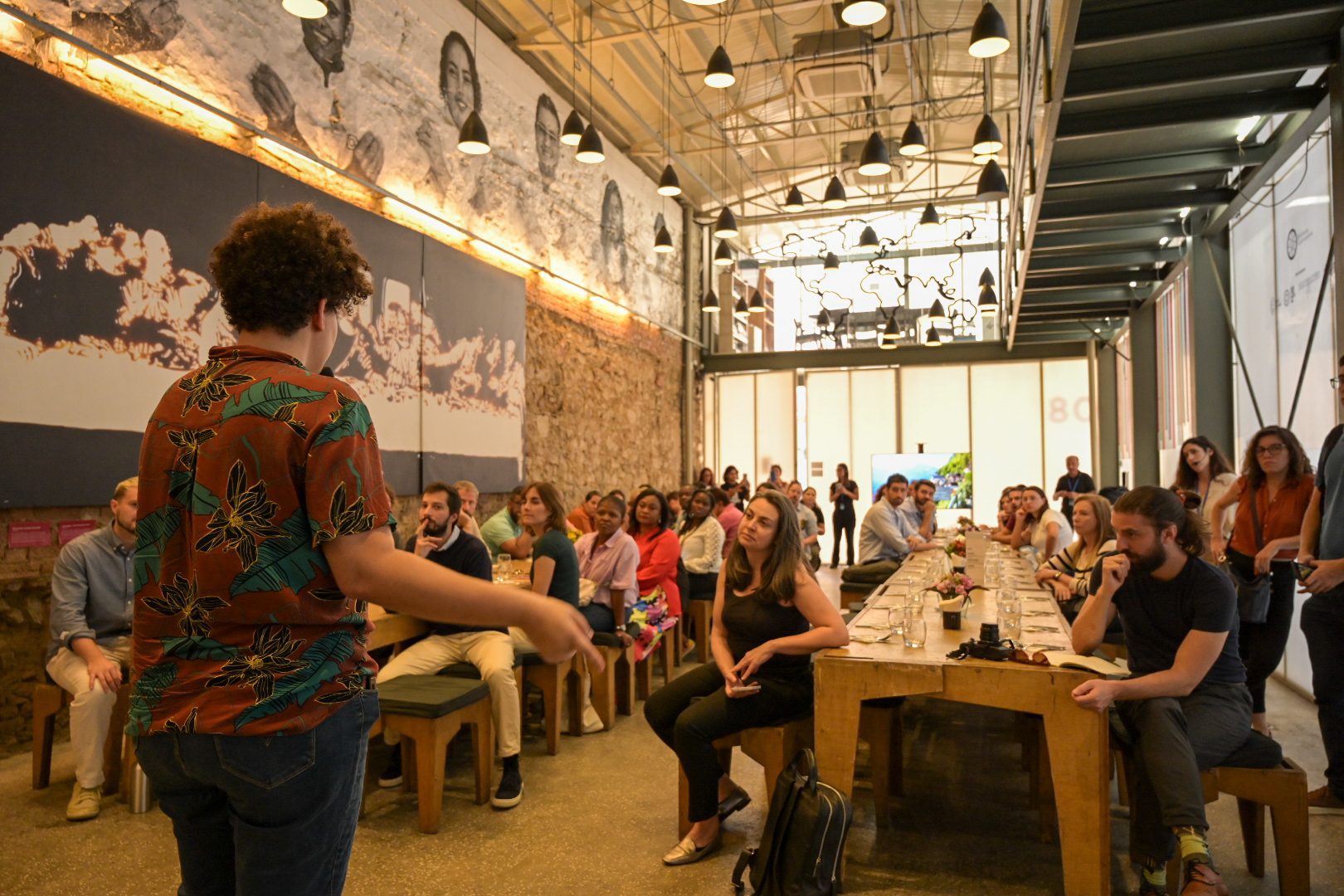
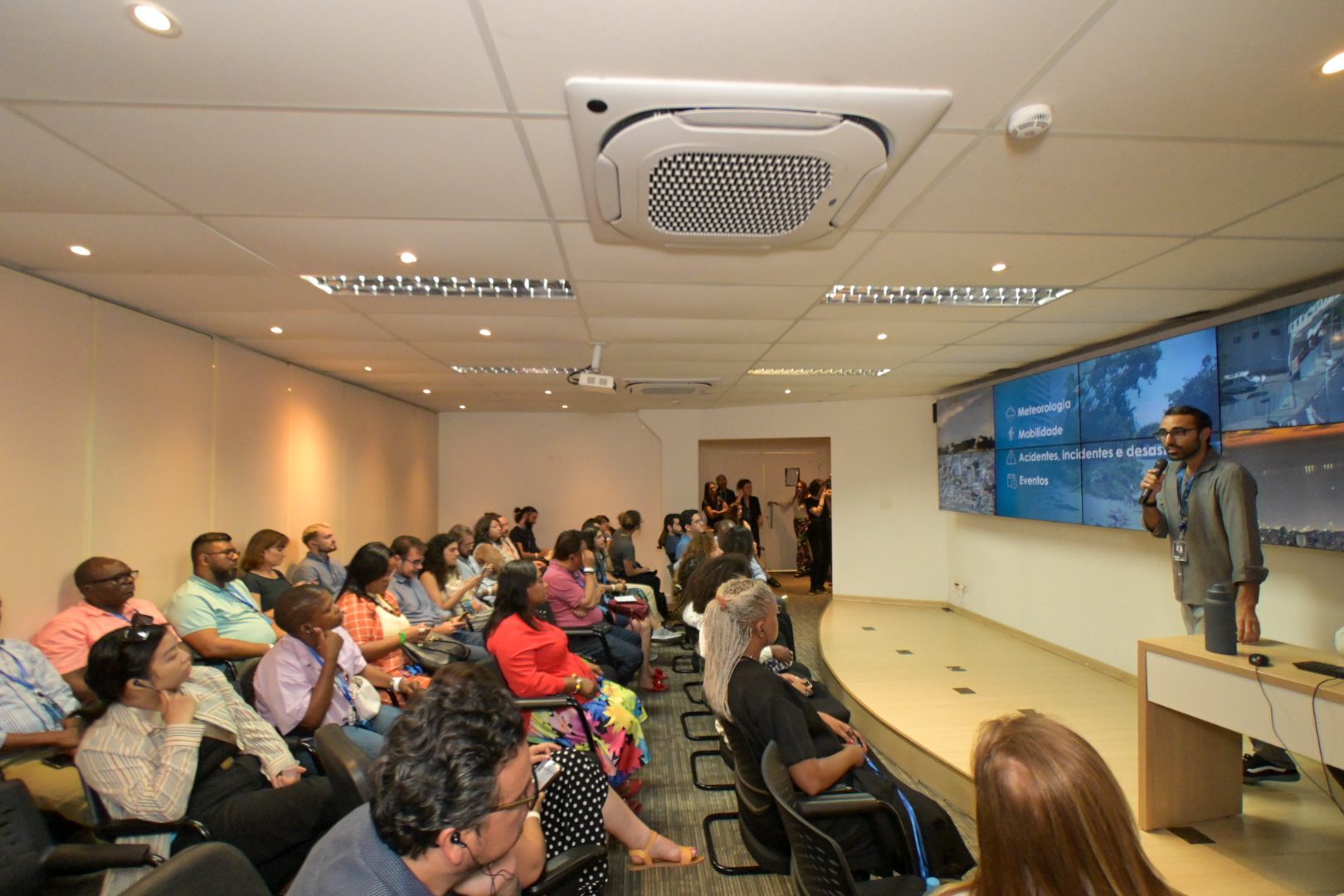
Throughout the week, we visited multiple community-lead initiatives to learn how they ensure access and opportunity to underserved communities and the benefits of these programs. One of the visits included Gastromotiva, a global initiative that seeks to connect people and institutions through the transformative power of food, and training participants in culinary arts. Another visit included, Revolusolar, a community-based nonprofit organization that installs solar panels in some of the most underserved communities in Rio de Janeiro to promote access to sustainable, clean energy, and provide professional training generating jobs in their community.
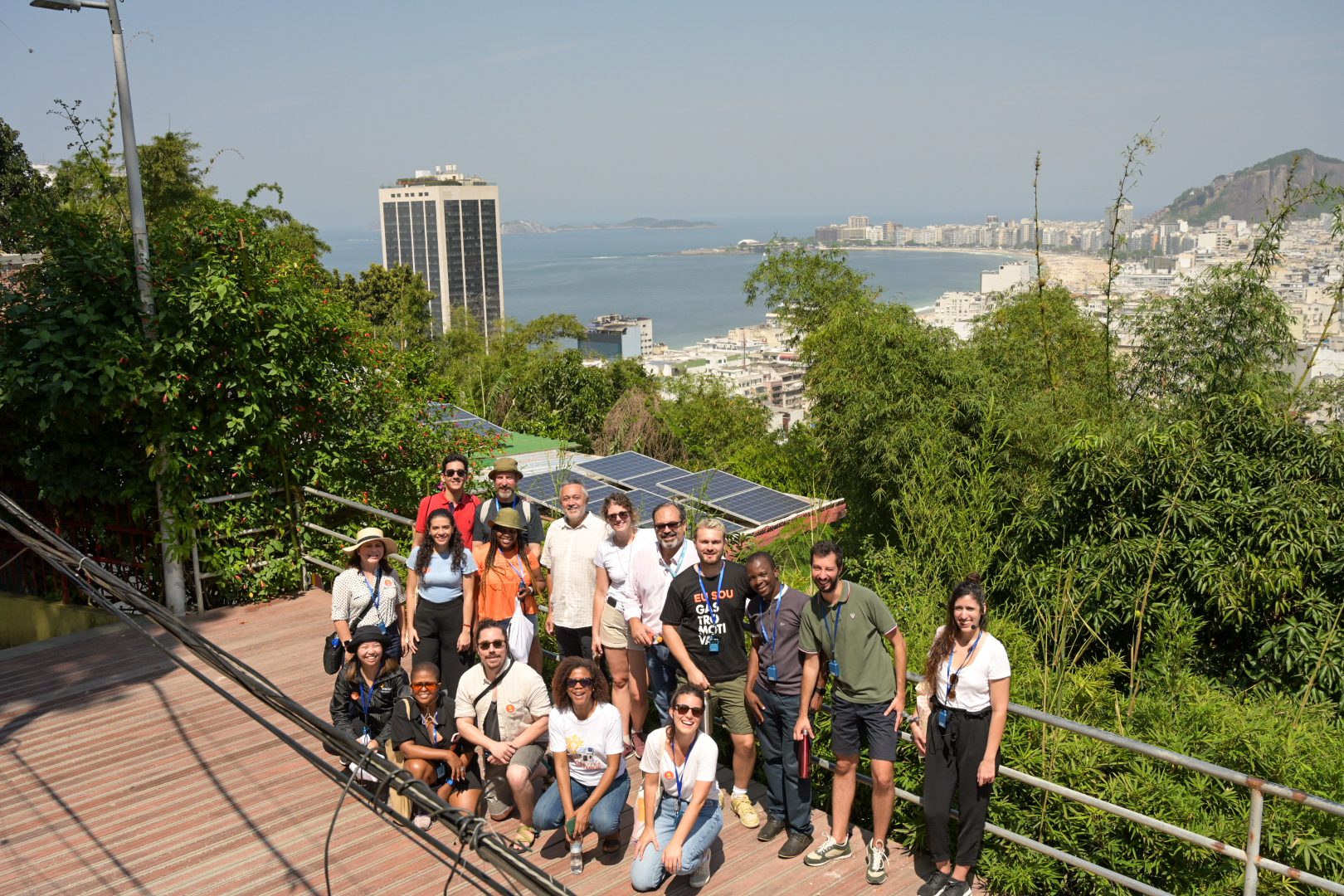
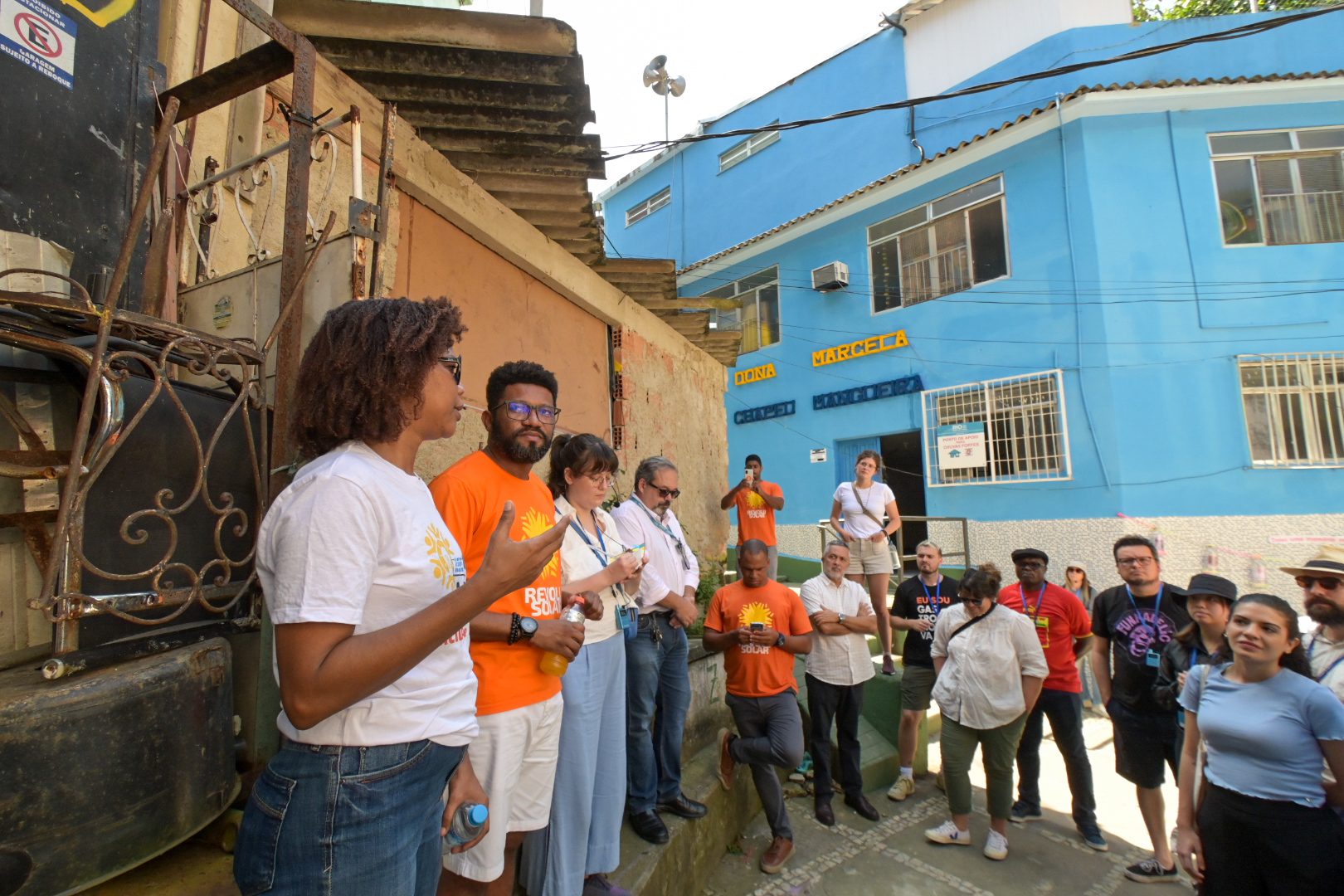
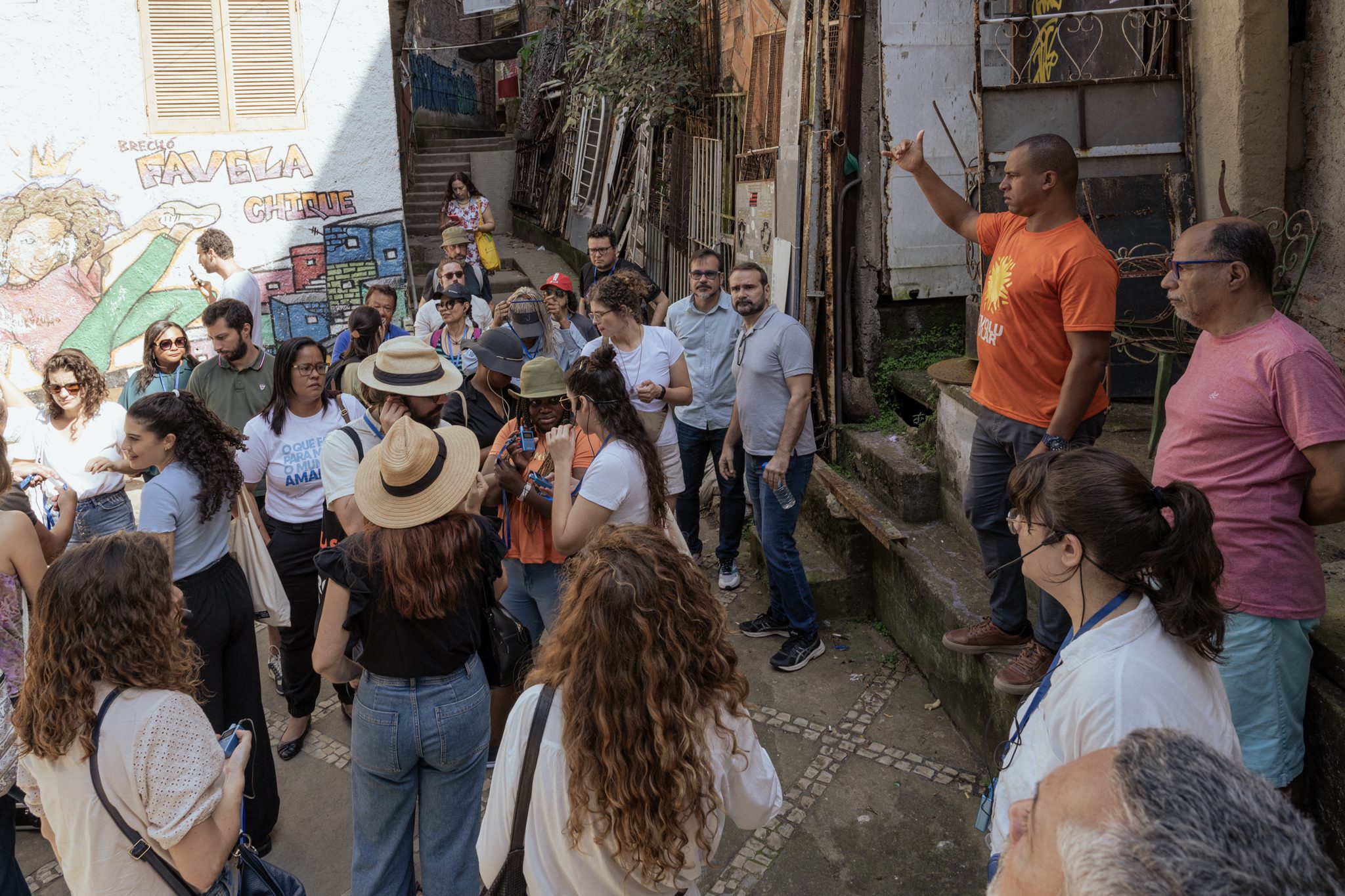
We also presented and learned about initiatives from each of the participating cities. Accra, Ghana representatives spoke about their work supporting informal waste workers. São Paulo showcased their urban agriculture programs. We presented on Seattle’s program, an initiative created in 2015 to ensure that public works and major public-private partnership projects with significant city investment hire residents from economically distressed areas of the city to ensure women and BIPOC communities have opportunity to benefit from these major projects.
Learnings from the academy will directly inform the recommendations that OED’s Key Industries & Workforce Development team are developing alongside the Climate Justice, Priority Hire, and Electrification teams throughout the City in response to Mayor Harrell’s 2022 Executive Order on Climate & Transportation.
The Seattle Office of Economic Development’s Key Industries and Workforce Development strategy focuses on creating a vibrant, balanced, and diverse economy that benefits all neighborhoods that make up Seattle. OED strategically focuses on the development and growth of key industry sectors including maritime, manufacturing, technology, life sciences, health services and construction. These key industries provide strong, wealth-generating economic opportunities throughout the region and careers with living wages and benefits. Additionally, OED focuses on talent development by working with labor, education, and employers to equip the local workforce with in-demand skills that meet industry needs, help businesses grow, and build pathways to rewarding careers.